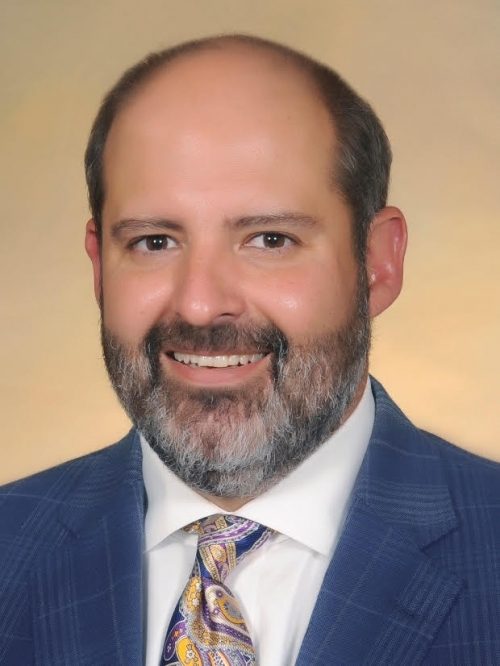Dr. Dion Franga: CON laws detrimental to patient care
“As a physician I think Certificate of Need (CON) laws are detrimental to patient care – particularly in rural areas, because folks are less able to establish avenues of care.”
“There is no data to support that these laws improve access to care. In fact, there’s more than sufficient data to show that they’re actually detrimental.”
“I have a certificate of need going to a legal battle right now with a local hospital trying to limit me from developing an ambulatory surgery center in a rural area.”
“The reality is that, if we encourage someone who wants to come in and provide a competing service, we’ll just continue to raise our bar and maintain a high standard and be the preferred provider for that service in this area. Free entrepreneurship is how you raise quality bars.”
“We submitted our CON in the early spring of 2020. Had I not needed to go through that process, we would probably be anywhere from six to 12 months into operating out of the ambulatory surgery center in the community, and making an attempt to stem the tide of outmigration in this area by providing an alternative source for access to care.”
“Because of the strict regulations, practitioners avoid areas with CON laws. Why go in there and spend hundreds of thousands of dollars trying to put something together when you can go into another market area and be successful without having to fight all that?”
“The reality is that the larger entities are actually using CON laws to pad their own pockets and prevent people from coming in to compete.”
“The ambulatory surgery center isn’t designed to hurt hospitals. Actually, I think it can augment hospitals. It’s a misconception that things like ambulatory surgery centers hurt hospitals. I’m a general and vascular surgeon – 80% of the work I do is on an outpatient basis, so you’d still need a good hospital to be able to provide services for other patient populations.”
“You’ll find a lot of ambulatory surgery centers and places like that across the country that have had zero impact on local hospitals yet and, in states where they have CON programs, those are the states where the hospitals are actually closed.”
“The biggest misconception I’ve come across with CON is that it’s actually providing better quality of care or that ambulatory surgery centers in particular take away all the paying patients from the hospital. In fact, many ambulatory surgery centers have substantial charitable programs where they provide care for under insured or uninsured individuals at a rate many times greater than that of what hospitals actually provide.”
“People need to quit listening to politicians and hospital administrators and hospital associations about CON law. People need to educate themselves on the facts of the matter in an unbiased fashion, and then make their own decisions.”
“Sometimes, a hospital association will come out and say, ‘allowing things like ambulatory surgery centers to be developed is going to shut down rural hospitals.’”
“Well, show me the data – give me one specific instance in which that has actually happened. Just one nationwide. Nobody can give an example because it’s not true. They just make these blanket statements and people believe it because they’re an entity like the hospital association.”
“Folks need to reach out to their representatives to make sure that they, as voters, understand the facts, and this is how they want them to go with it. If they’re able to articulate how it’s hurting you know areas in South Carolina, I think the legislators will respond appropriately.”
Dr. Dion Franga, MD
Orangeburg, SC





